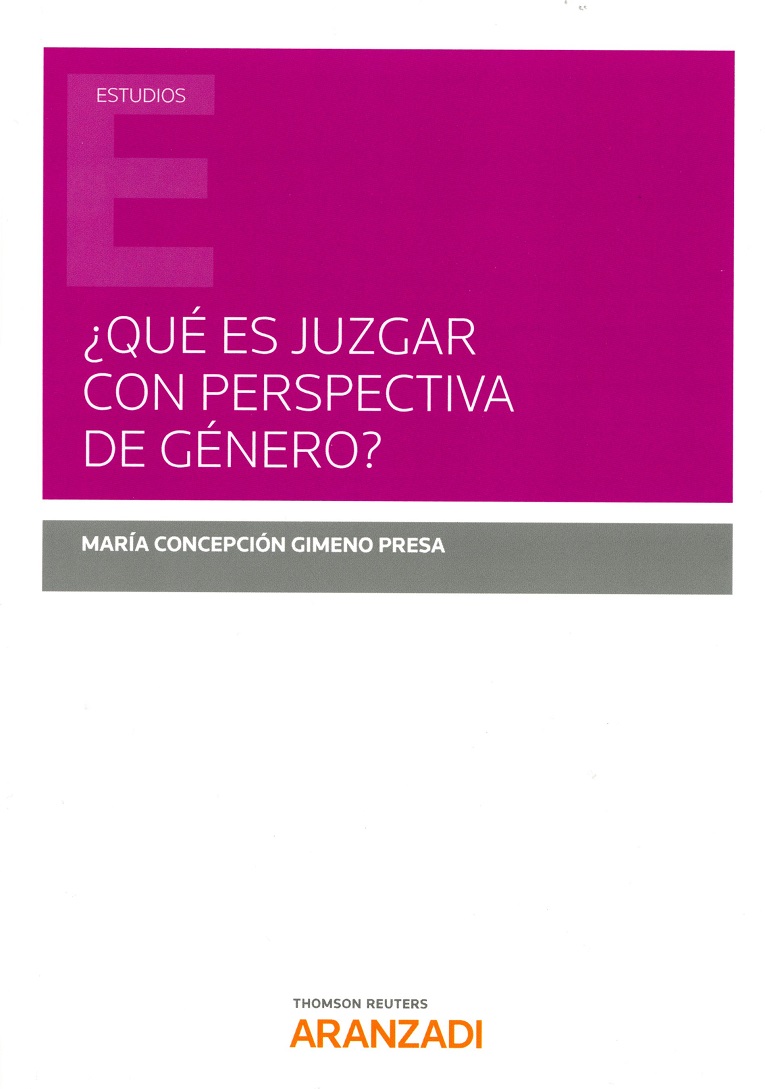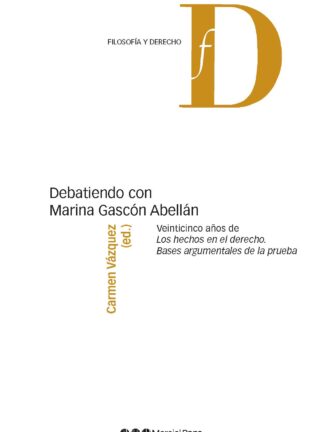Descripción
¿Cómo identificar los casos que requieren aplicar la perspectiva de género para ser resueltos conforme a derecho? ¿Cuándo surge esa obligación? ¿Es la misma en las distintas etapas del proceso judicial? ¿Determina la elección del material jurídico aplicable al caso? ¿Exige interpretar de manera diferente las normas jurídicas? ¿De qué manera impacta en la práctica y valoración de la prueba? ¿Cómo influye en las argumentaciones con las que se justifican las decisiones judiciales? ¿Qué técnicas son las más adecuadas para aplicar la perspectiva de género en un proceso judicial? Estos son algunos de los interrogantes que abordaremos para comprender en qué consiste la obligación de juzgar con perspectiva de género.
1:The development of European integration
2:EU Membership: tensions and challenges
3:The institutions
4:Competence
5:Instruments and the hierarchy of norms
6:Legislation and decision-making
7:Decision-making and new forms of governance
8:The nature and effect of EU law: direct effect and beyond
9:The application of EU law: remedies in national courts
10:The relationship between EU law and national law: supremacy
11:EU international relations law
12:Human rights in the EU
13:Enforcement action against Member States
14:Preliminary rulings
15:Review of legality: access
16:Review of legality: grounds of review
17:Damages actions and money claims
18:The single market
19:Free movement of goods: duties, charges, and taxes
20:Free movement of goods: quantitative restrictions
21:Free movement of capital and economic and monetary union
22:Free movement of workers
23:Freedom of establishment and to provide services
24:Citizenship of the European Union
25:Equal treatment and non-discrimination
26:AFSJ: EU criminal law
27:Competition law: Article 101
28:Competition law: Article 102
29:Competition law: mergers
30:The state and the common market
Paul Craig, Emeritus Professor of English Law, St John’s College, University of Oxford,
Gráinne de Búrca, Florence Ellinwood Allen Professor of Law, New York University School of Law




